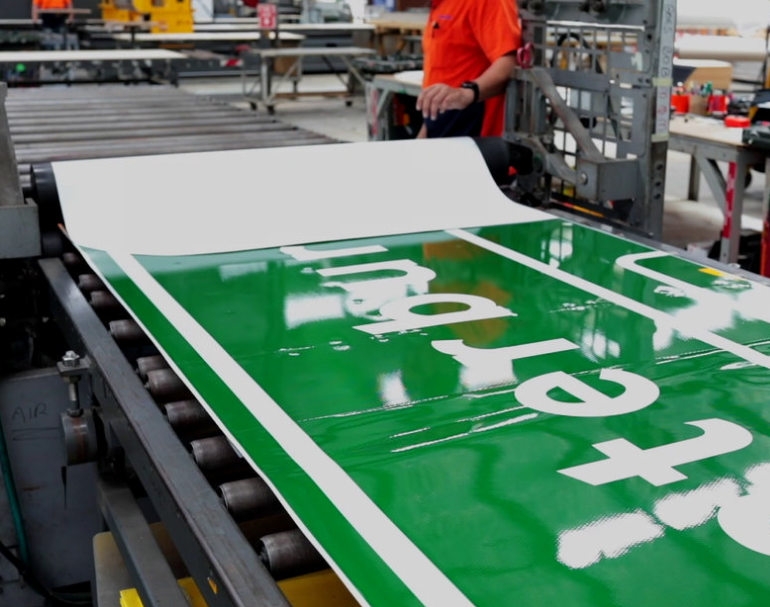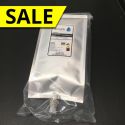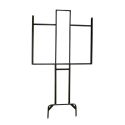
How to Weed Reflective Vinyl
If you are sign maker who has been working with run-of-the-mill vinyls up until this point, reflective vinyls can lead to quite a lot of headaches. This material cuts differently, weeds differently, and overall does everything differently than those coloured or printed “normal” vinyls. As you sort out the nuances, you may be left questioning why you ever agreed to take on such projects and wonder how much money you are going to lose with how long it is taking you.
As with all vinyls, reflectives are designed for a number of different purposes, from basic flat application to vehicle grade, from non-prismatic or prismatic. Whatever you happen to be working with, here are some tips gleaned from others who have experienced the same headaches you may be dealing with currently:
- Weed slowly. Glass beads and prisms, which are what make reflective vinyls reflective, don’t “bind” to each other, so reflective vinyls tend to tear much more easily than cast or calendered PVC films. How do you deal with this? GO SLOW, like 25-50% slower, in your weeding process. Some businesses will charge more for weeding reflective, or will charge for more hours to complete the project.
- Design your letters with a 0.125” (1/8 inch) radius rather than square corners. This will reduce the chances of the corners tearing. Do this for both inside and outside corners.
- Make sure the plotter cuts deeply enough, even cutting into, but not through, the wax on the liner.
- Use a 60 degree blade. 45 degree blades are designed for normal vinyl. You’ll want the steeper cut angle for reflectives.
- Weed immediately after plotting to avoid the adhesive re-fusing. If left to sit, the adhesive on either side of the cut can bind again, making weeding that much more difficult.
- Cut between lines of text to save yourself working with larger pieces of vinyl.
- Don’t offer small reflective letters. Letters smaller than 1” tall don’t reflect enough to be readable at night. Save yourself the hassle of weeding small letters.
- DO NOT USE FANCY FONTS. They just create more difficult corners, and smaller pieces that will not weed easily.
- If suitable, apply a vinyl “mask” over a background sheet of reflective. This means you get to weed regular vinyl rather than reflective. The reflective will then shine through a “stencil.”
- Try reverse weeding. Premask the whole sheet of vinyl after cutting, then weed it off the mask.
So, whether you are a seasoned veteran or just getting into reflectives, there are some ideas to play with. But, let us know if you find any others that make weeding reflective easier.










All comments